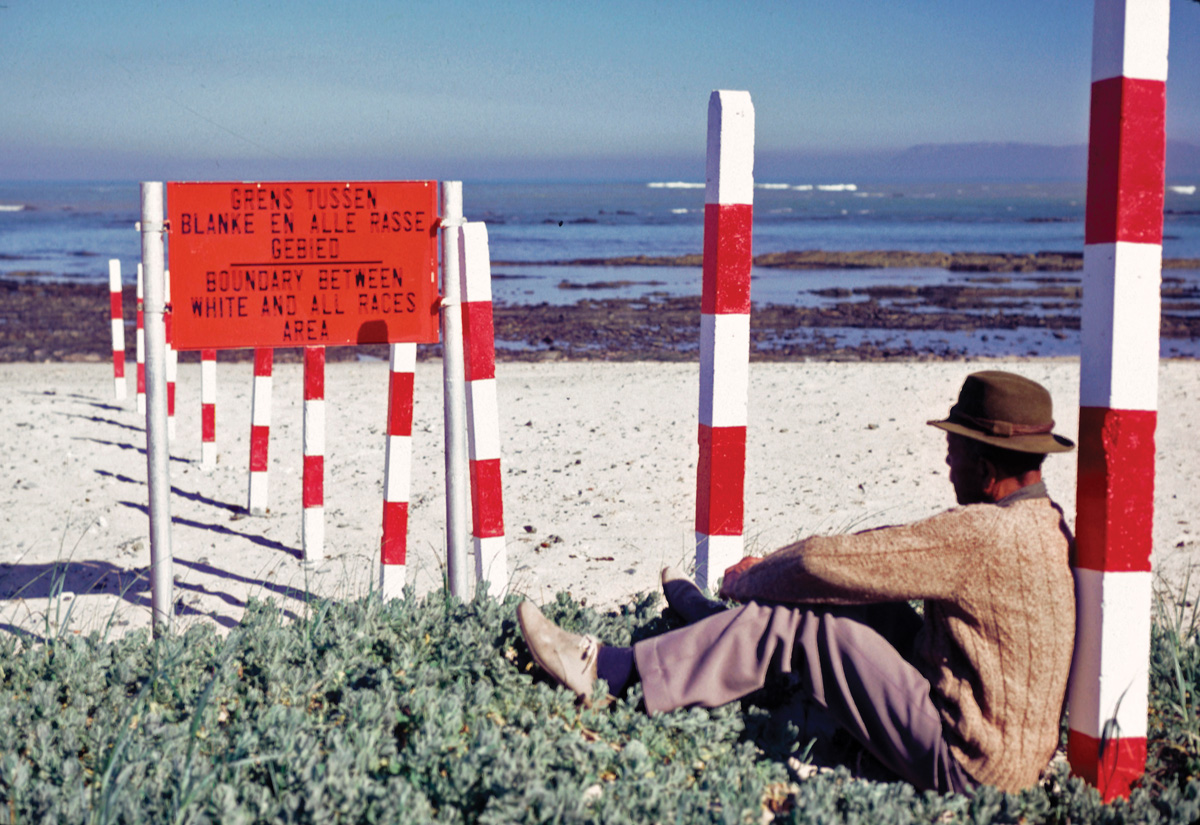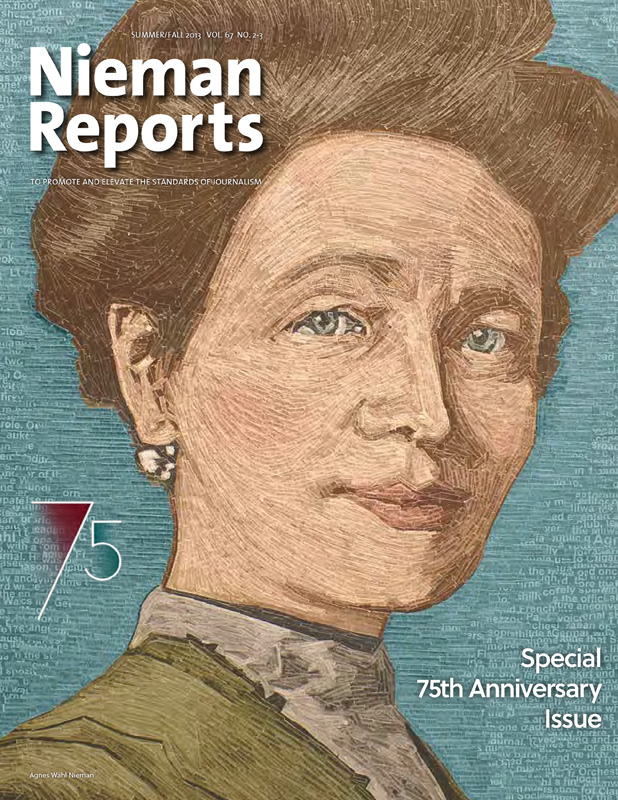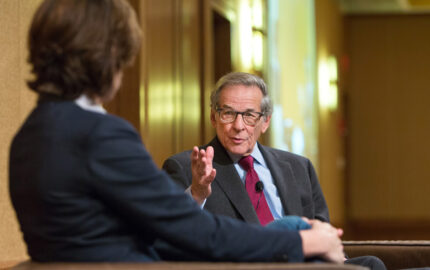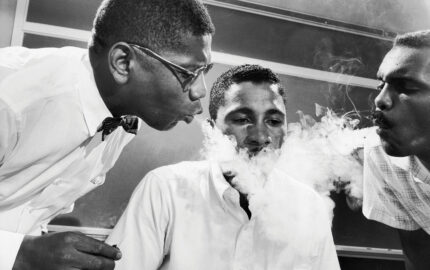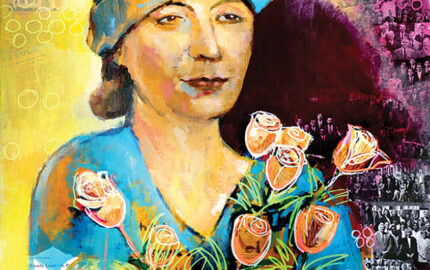Heard, an opponent of government press restrictions, was fired in 1987 after 16 years as editor of South Africa’s Cape Times

My Nieman stint was a godsend in a career with enough brushes with power for comfort, including arrest under security laws over a full-page illegal interview with African National Congress leader Oliver Tambo in 1985. I reveled in the experience. My daughter Janet’s visit in October of 1987 was a chance to show her this place of enduring excellence. It included seeing living depictions of the Pilgrim families’ arrivals to join, in time, with indigenous locals and subsequent immigrants in building a great, self-correcting democracy. This was inspiring for South Africans who had respect for that most priceless of things, free expression. My time spent at Lippmann House gave me inspiration and direction to pursue my journalism despite setbacks. Preeminently, it provided me time for reflection and planning to turn out a few years later “The Cape of Storms,” which covered my experiences reporting and editing during the unjust apartheid era in South Africa, from the 1950s to 1980s.
